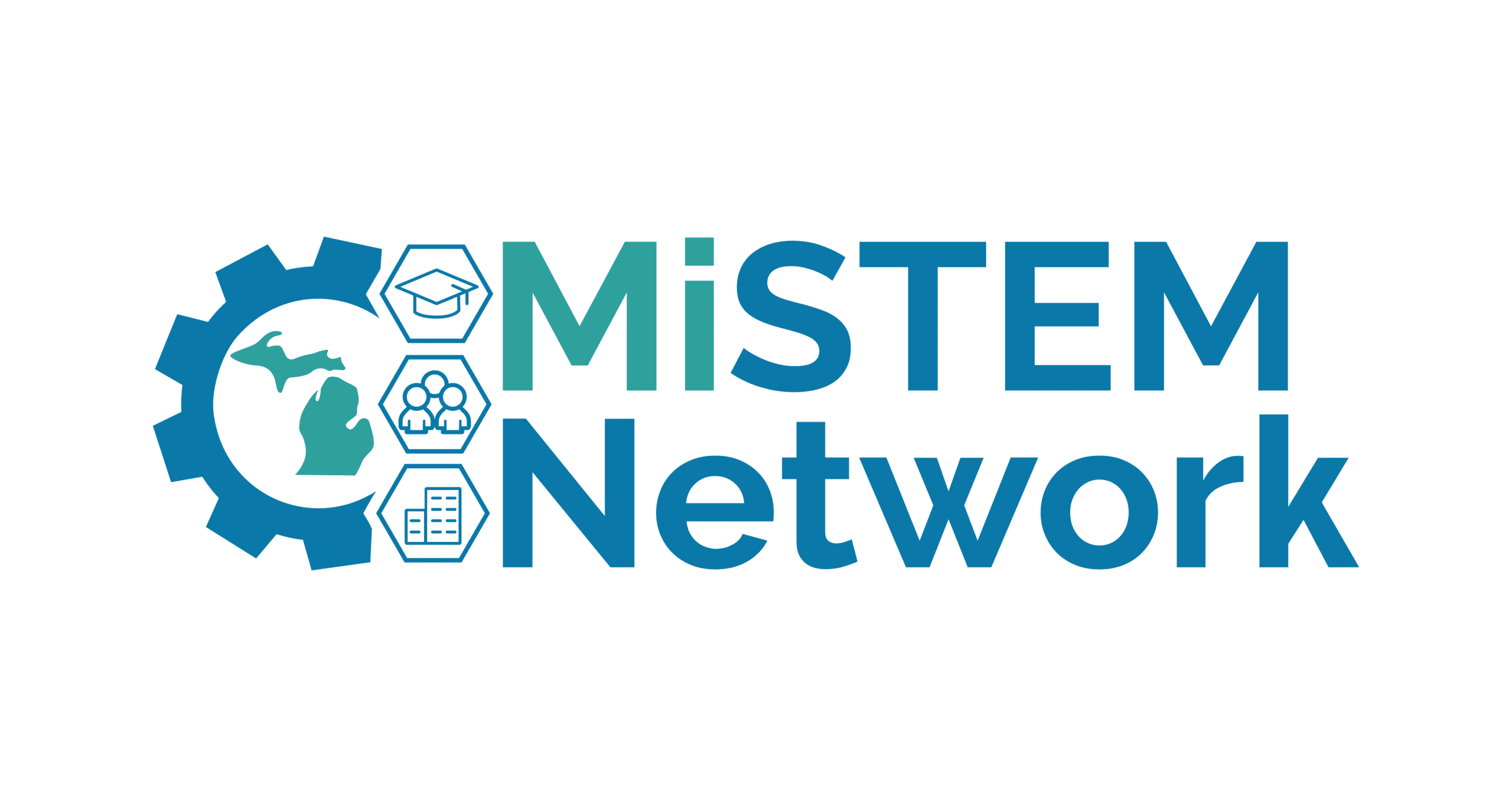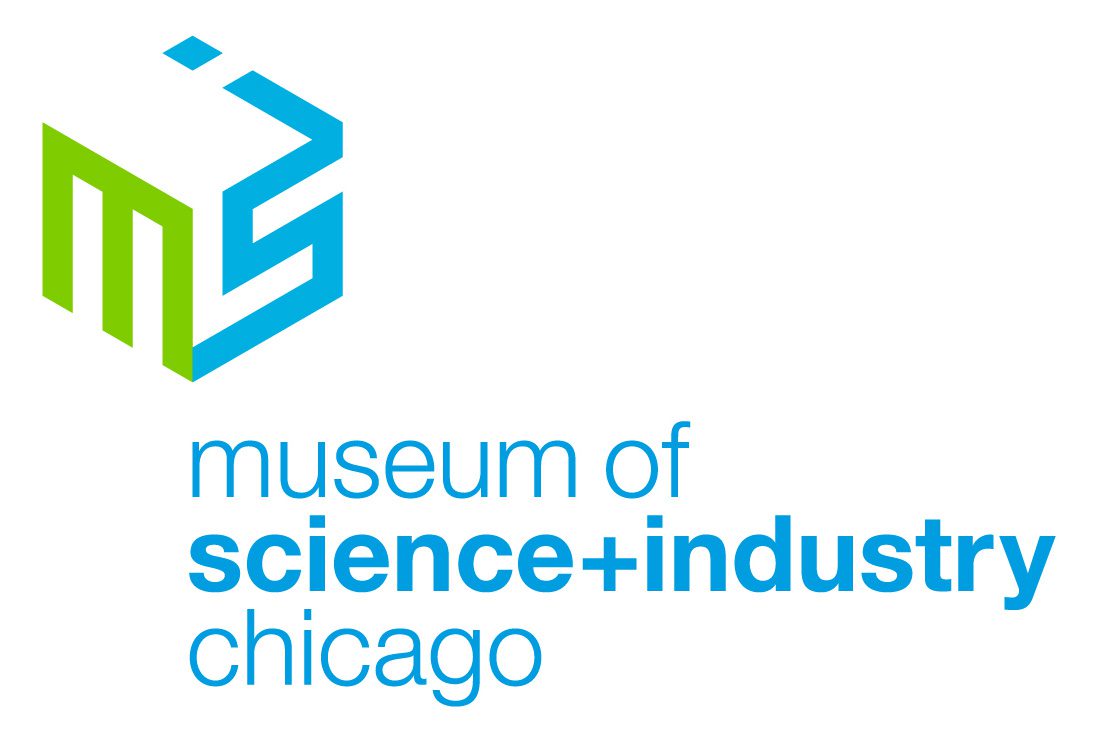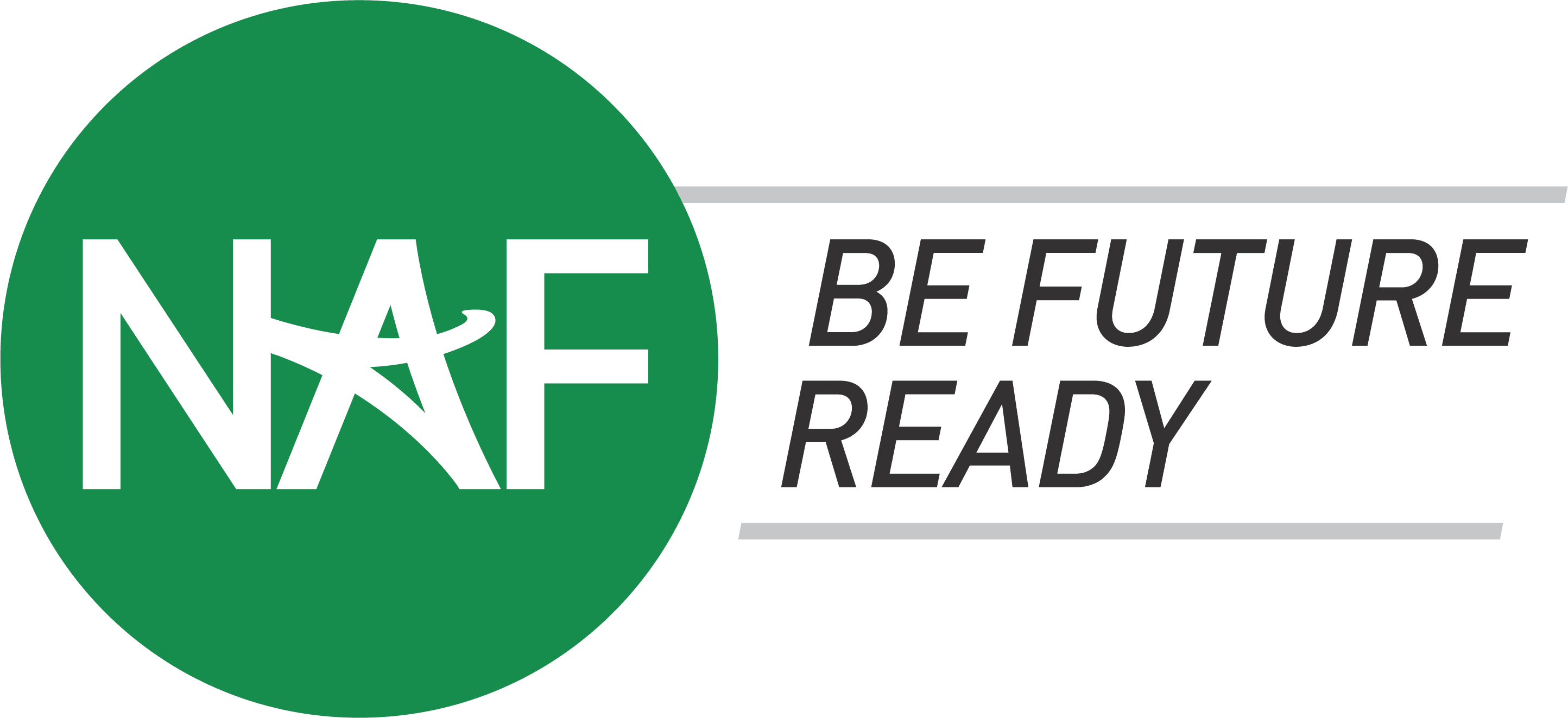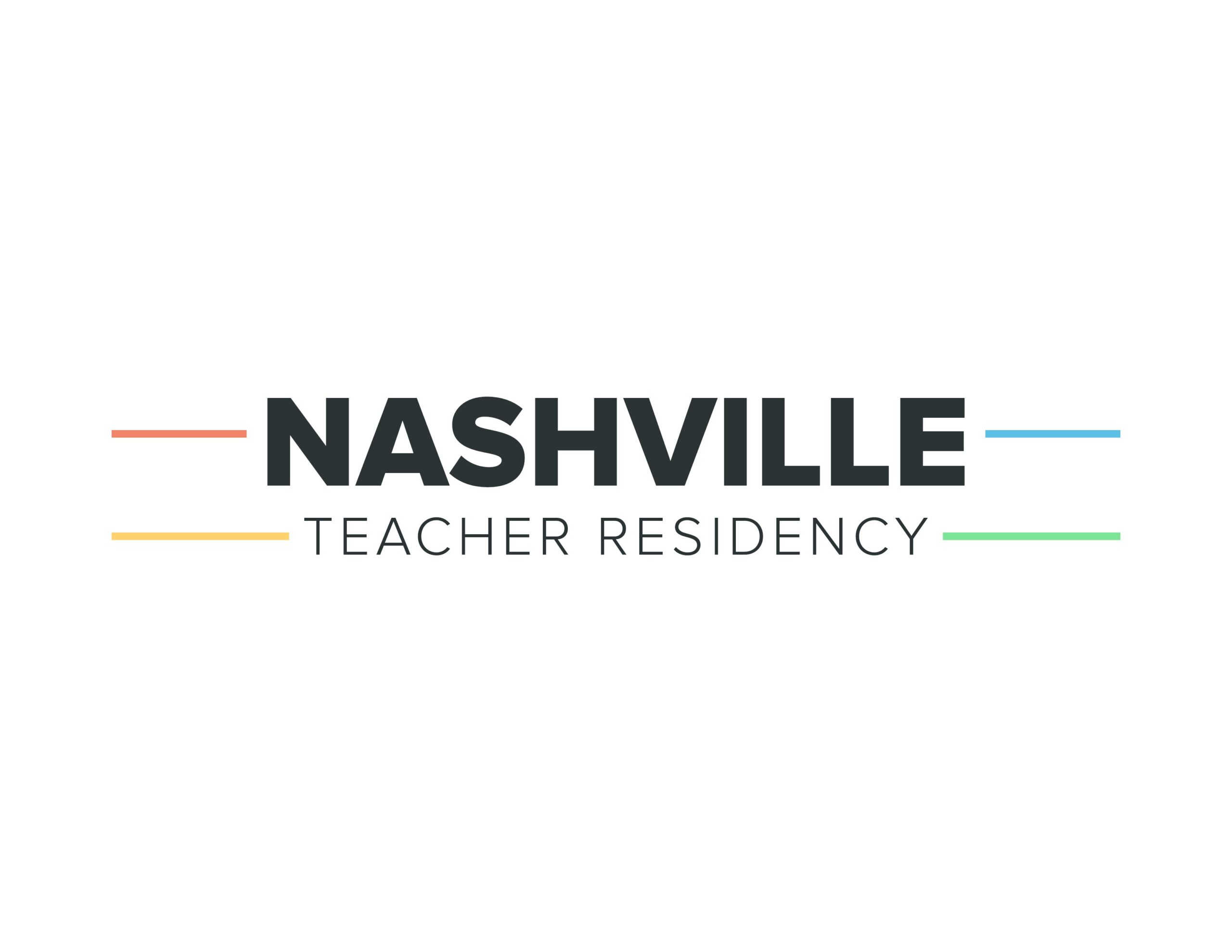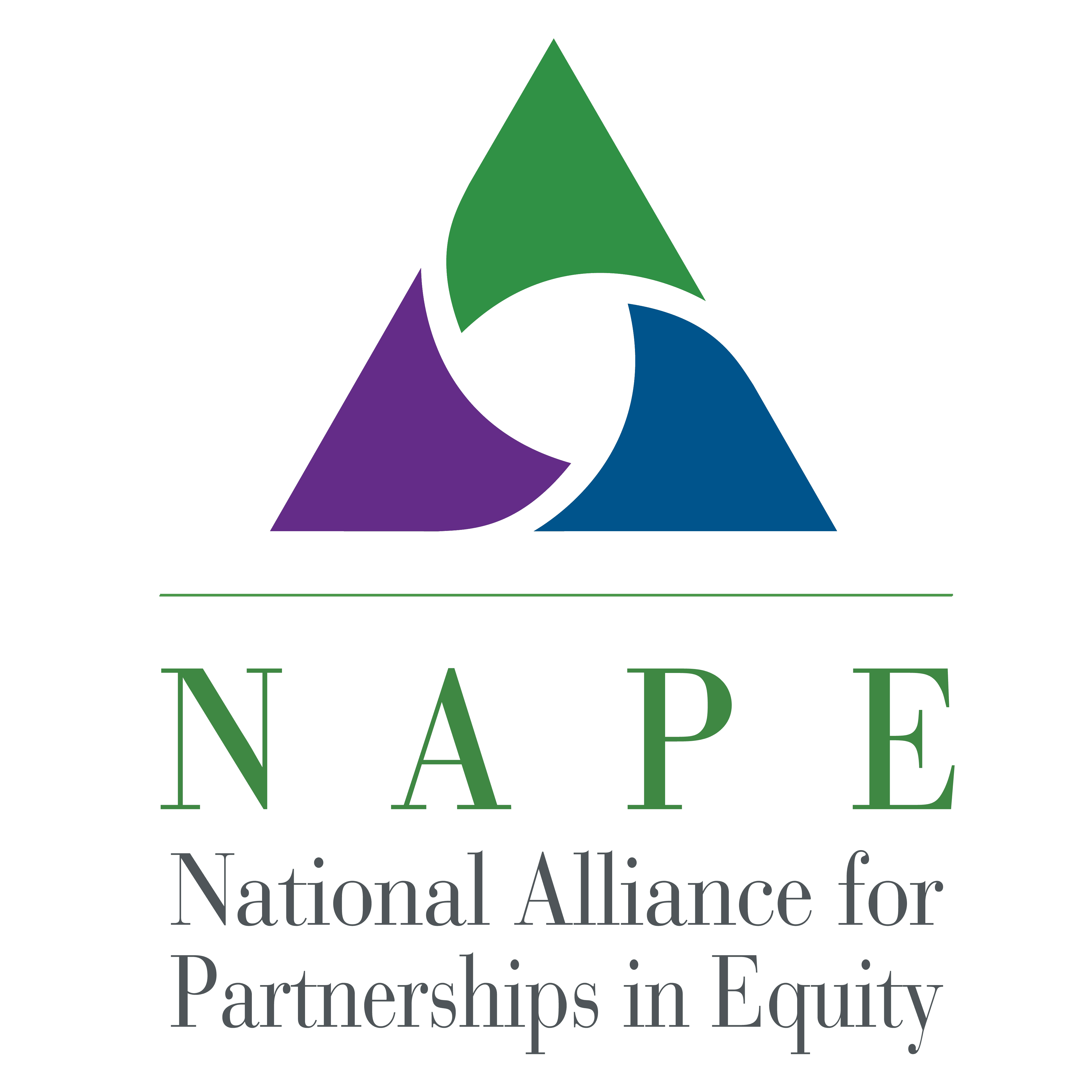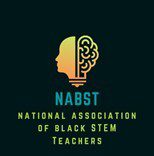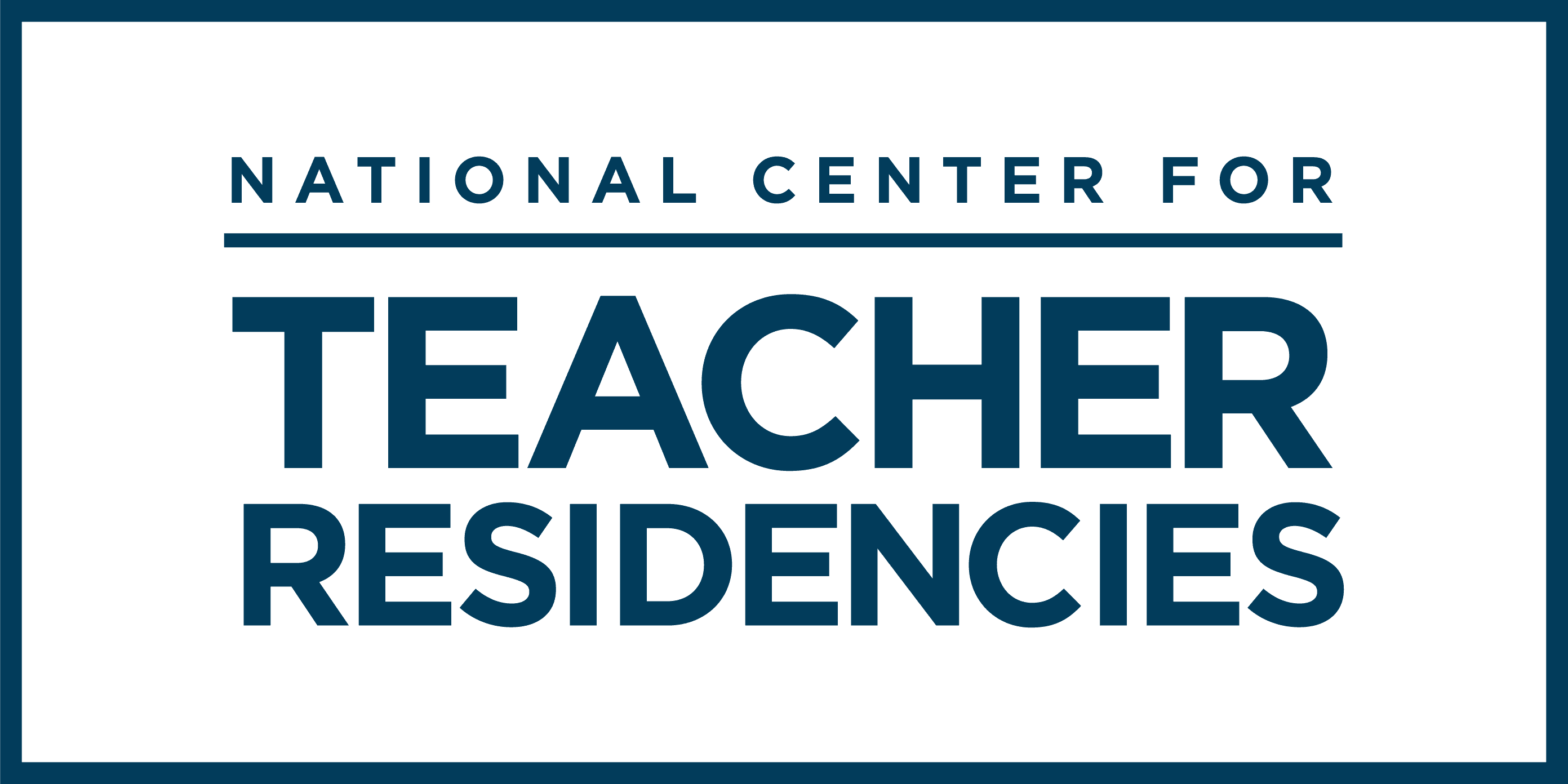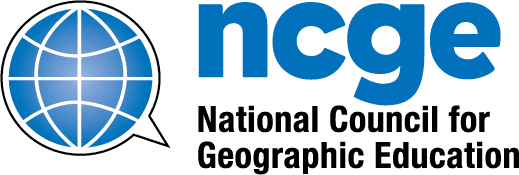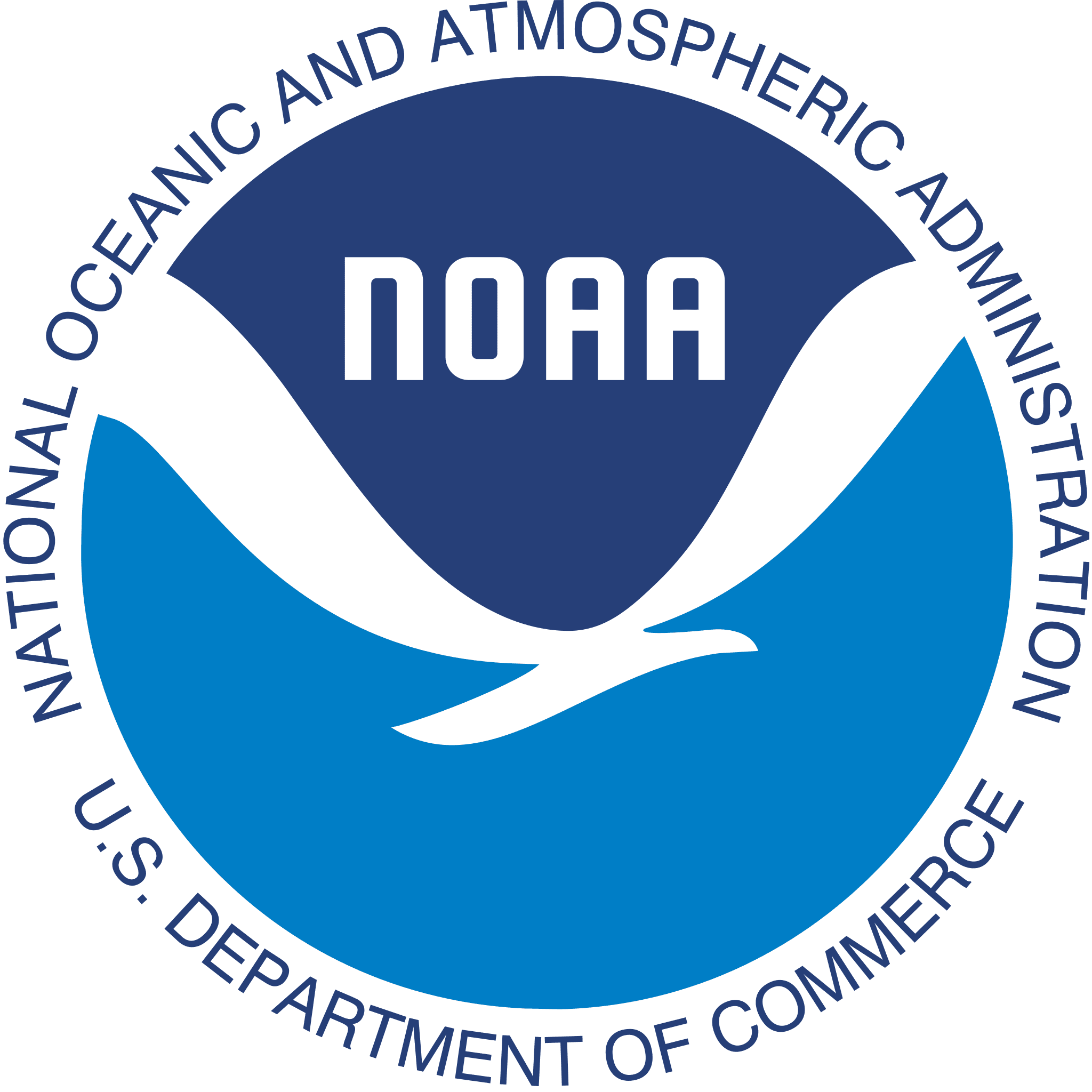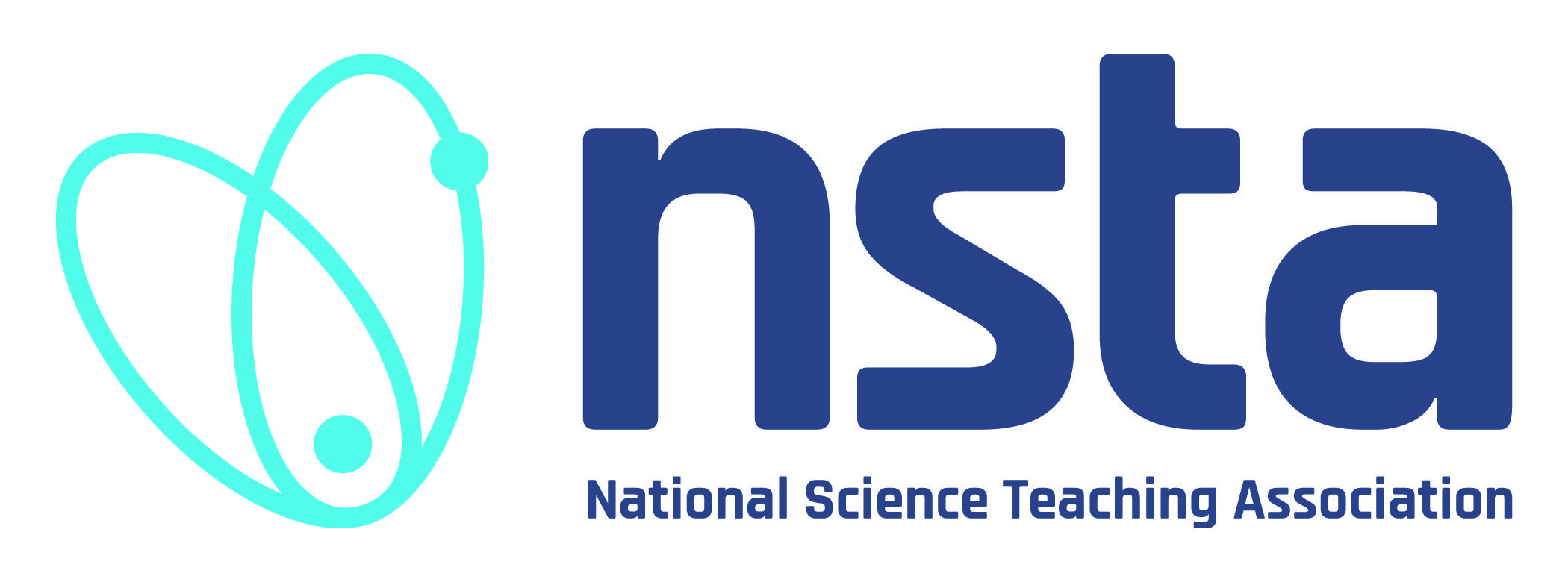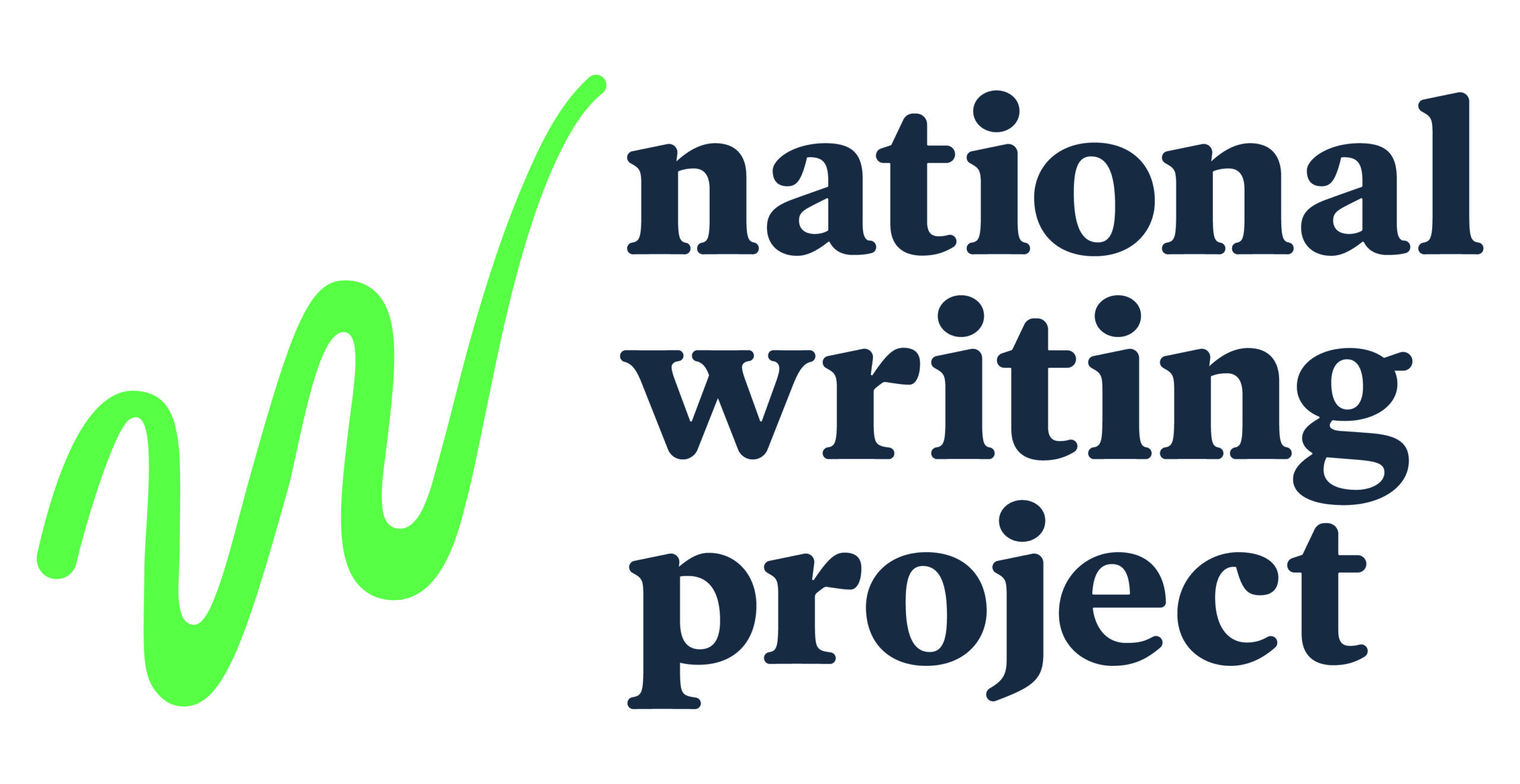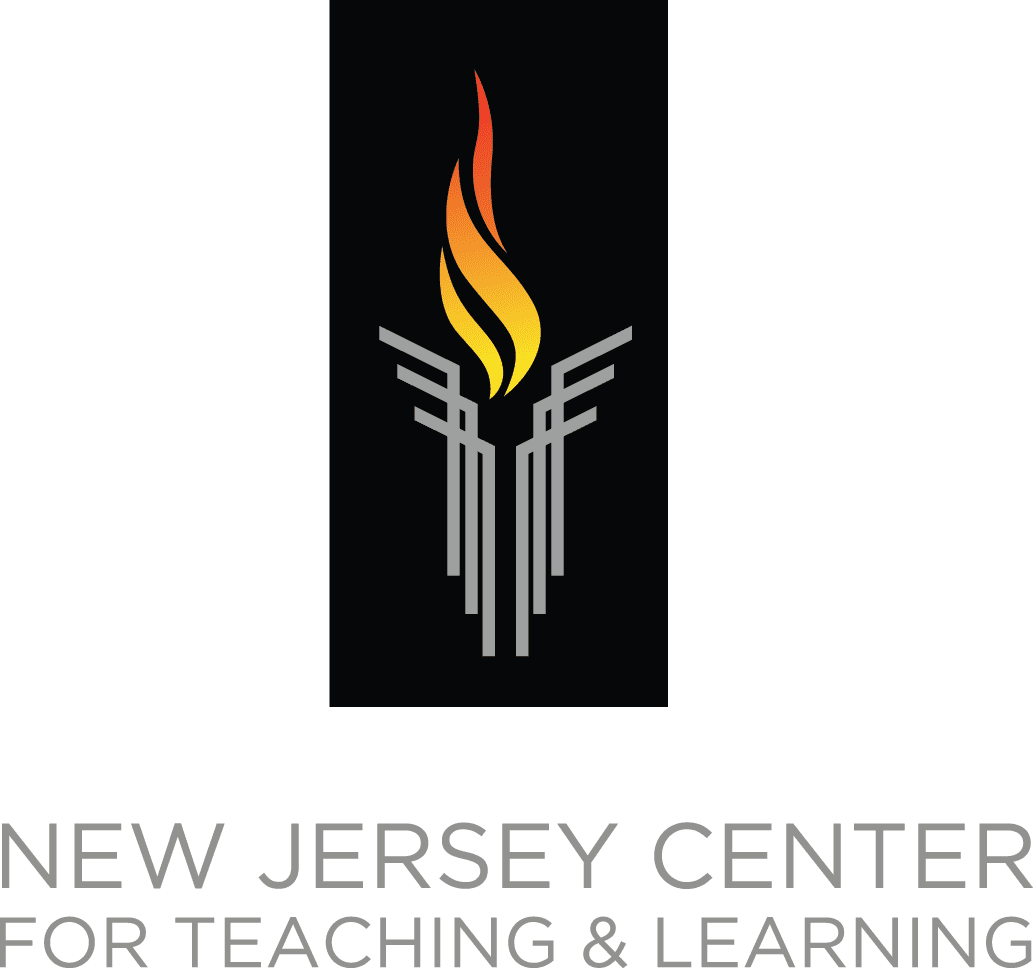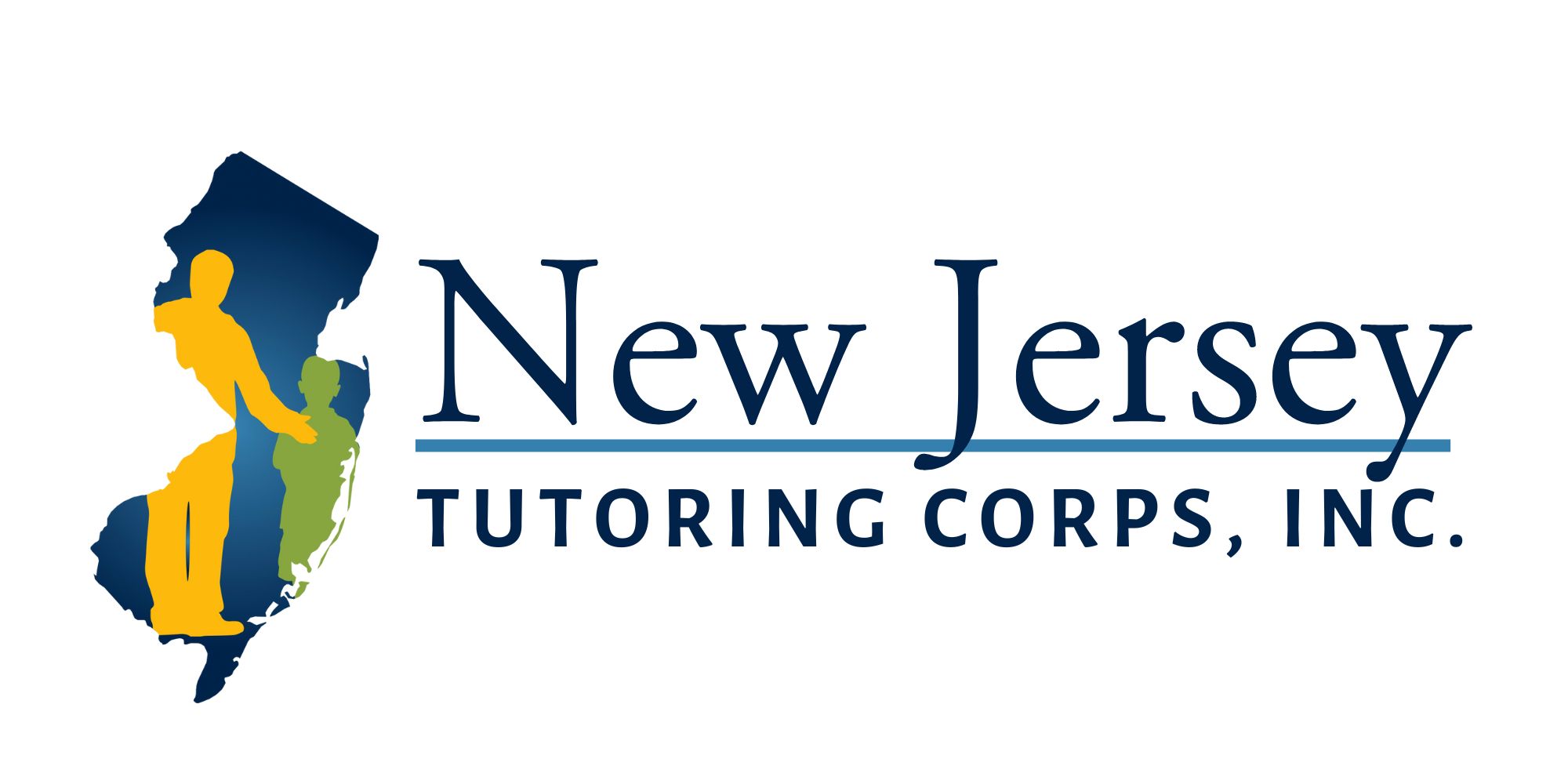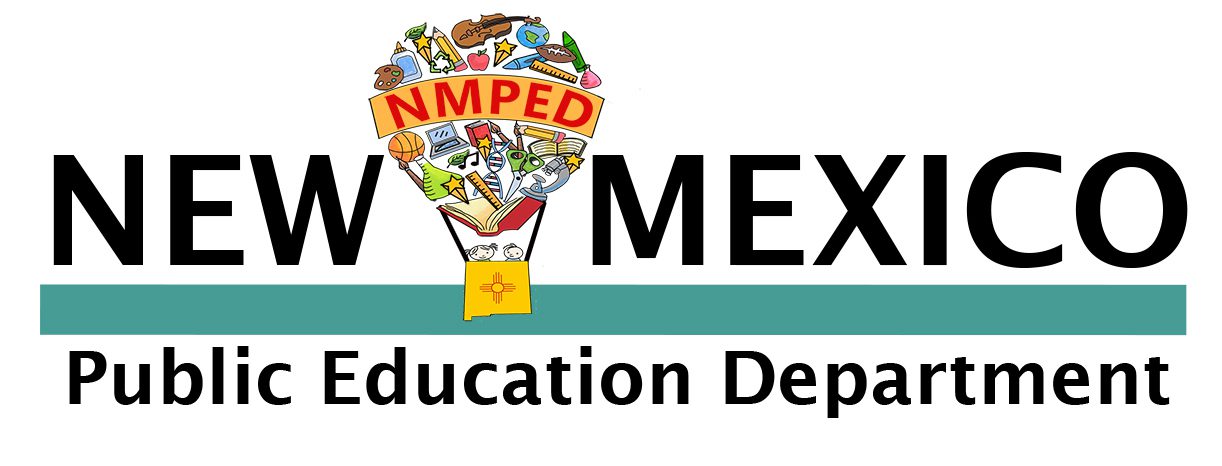Our Journey
In the last decade, we successfully prepared over 100K new STEM teachers who have helped strengthen and improve the field and our world. Over the next decade, we are looking to build on that progress by preparing and retaining 150K new STEM teachers who increasingly mirror the diversity of their school community, especially for schools serving majority Black, Latinx, and Native American students. We’lll support our network to foster workplaces and classrooms of belonging so that everyone we reach can see a path for themselves in STEM. And in the decade after that, we are hopeful that our commitment to this work will solve the STEM teacher shortage once and for all.

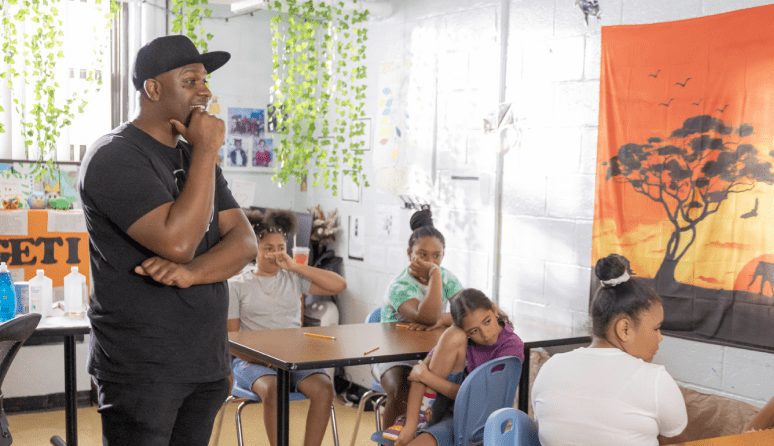
Our Journey and where we’re headed:
100Kin10
In 2011, we took up a call by President Obama to prepare 100K STEM teachers in 10 years alongside 28 partner organizations. By 2021, 300 organizations worked collectively to surpass our shared goal and we prepared nearly 110K excellent STEM teachers to the field. We did this by focusing our radical collaboration on:
Building a Network
of Diverse Stakeholders
Creating a Map of the System
Building tools for Making Progress
We support partners to succeed at their commitments and tackle the systemic challenges revealed by the map.
Collectively We Advance the Field
In 2021, Bellwether Education Partners conducted a third-party evaluation of our impact. They found that the network spurred five major advancements in STEM teaching and learning:
BETTER RECRUITMENT: 100Kin10 prep programs used improved strategies to recruit highly qualified STEM teacher candidates
IMPROVED PREPARATION: More STEM teacher candidates have access to evidence-based STEM preparation via 100Kin10 partners
EXPANDED EARLY STEM: 100Kin10 partner programs have increased emphasis on preparing and supporting elementary teachers with STEM skills, and in particular foundational math
ENHANCED PROFESSIONAL DEVELOPMENT: More teachers have access to quality STEM professional growth and collaborative work environments via 100Kin10 partners
MORE AUTHENTIC STEM: More teachers and students have access to meaningful, authentic, and rigorous STEM learning via 100Kin10 partners
GRAND CHALLENGES
The future of our country depends on today’s students becoming tomorrow’s innovators. We believe that young people have infinite potential and that when that potential is nourished in STEM classrooms, they will bring to life out of this world solutions to our biggest challenges. This is why we must tackle the underlying causes of our nation’s shortage of excellent STEM teachers. So we identified the 100 challenges to preparing and retaining great STEM teachers and created a roadmap that points the way toward transforming STEM education.
THE UNCOMMISSION
In 2021, nearly 600 young people shared their K-12 STEM experiences through a diverse, participatory storytelling effort called the unCommission. We knew their input was critical in order to identify action-ready considerations for the future of STEM learning and opportunity. Now, their voices are guiding our next chapter and goal on this journey to end the STEM teacher shortage with equity, representation, and belonging at the center of this work.


Our Next Shared
GOAL
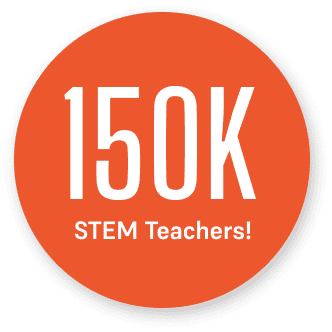
OUR NEXT SHARED
GOAL
STEM has never been more important to our future.
The people who will cure cancer and dementia, desalinate water, help us avoid future pandemics and solve challenges unknown or invisible are in our nation’s classrooms today. And, we cannot solve these challenges without ensuring those most under-represented in STEM are centered in the work ahead.
To achieve our next shared goal, we are relaunching and growing our network with an explicit focus on Black, Latinx, and Native American teachers and students. In order for students to succeed in STEM, they need to feel that they belong in STEM classrooms and careers. That’s why we’re preparing and retaining 150K teachers in STEM, with an explicit focus on creating a sense of belonging and equity in our classrooms, and beyond. And we cannot wait for you to join us.
Change requires all of us.
Radical collaboration among change-makers across industry and sector is the only way to effect real progress and move our world forward. Our role is to mobilize our network with a focused strategy, clarity of purpose, and vision for achieving change.
Together we can make momentous change in our world.
MiSTEM Network
Commitment
Over the next 5 years, MiSTEM will continue its investment in a networked approach across its 16 regions in Michigan, and in statewide action areas for science and engineering, math, and computer science with a focus on cultivating STEM classrooms that center belonging. In the past year, we grew from providing over 200,000 youth with project-, problem-, or place-based (3P) learning experiences either directly or through educator experiences to over 350,000, we anticipate this number will continue to grow as we engage more partners in our regional and state networks. With over 18,000 underrepresented educators and students participating in our networked activities, MiSTEM commits to focusing state resources in minoritized communities, through local and state partnerships, while supporting the system to shift towards transdisciplinary, authentic 3P learning opportunities. MiSTEM will employ a 3P, community/partner-based strategy as a key tool for recruiting future educator talent and retention.
MOUSE.org
Commitment
Mouse commits to working primarily with Title I NYC public schools to deliver computer science professional development workshops to 500 teachers by 2027. Mouse provides a curriculum that is engaging, and allows teachers and students to explore issues relevant to their communities while providing ongoing coaching support as teachers teach the curriculum. The coaching will support teachers as they gain CS skills and support them to stay in the profession. We will work with five higher education and professional organizations working in design, technology, and engineering to advise, validate, and endorse Mouse courses.
Museum of Science and Industry
Commitment
The Museum is committed to being a source of inclusive and equitable science learning and resources. Supporting in-service science teachers through professional development contributes to making science accessible. With an inspired teacher, all students can become proficient in science when they regularly use the tools and practices of science. We commit to increasing the self-efficacy for equitable and effective three-dimensional science instruction (where students are expected to make sense of phenomena and develop solutions to problems) of at least 500 teachers of science in grades 3 through 8 over the next five years. Our goal is to select cohorts of teachers who, in aggregate, will serve a student population with the following demographic: 67% low-income, 35% Black, and 35% Latinx. To support teachers in fostering their students’ sense of belonging in STEM, our staff will implement principles of Universal Design for Learning and co-develop locally relevant phenomena in our programs.
NAF
Commitment
By 2029, NAF will support 6,250 high school STEM educators to cultivate classrooms of STEM belonging, with a focus on the needs of under-resourced student populations including students of color and those who live in low-income households. We will do this by providing educators with direct professional development support and resources, including KnoPro.org [powered by NAF], which facilitates virtual work-based learning opportunities with STEM industry professionals, as well as NAF’s Work-Based Learning Tracker, which allows educators to ensure equitable participation in work-based learning activities and students to reflect on the experiences. As a result of these efforts, educators will be better positioned to instruct students in industry-relevant curriculum and help them build relevant employability skills. Students will be well-informed on STEM career options and better prepared to succeed in college and STEM industries. This will impact learning for approximately 325,000 high school students over five years.
Nashville Teacher Residency
Commitment
By 2029, Nashville Teacher Residency will recruit 73 STEM teachers, with 100% serving in schools that primarily serve Black, Latinx, and Native American students. To achieve this, we will:
- Add a STEM Lead Recruiter to our recruitment team.
Utilize a Site Manager for our recruitment team to improve communication with principals and schools. - Intentionally embed STEM practices into our Lead Teaching and Subject Methods courses.
- Provide our STEM Site Managers with professional development focused on STEM practices.
Additionally, NTR will increase and sustain licensure exam passage rates for BIPOC STEM candidates to an annual rate of at least 75% by 2029. To achieve this, we will:
- Offer targeted Praxis preparation workshops designed specifically for STEM candidates, emphasizing data-informed instruction, aligned content preparation, and test-taking strategies.
- Provide access to free study materials tailored to licensure exam content areas.
- Embed licensure exam preparation into our coursework to ensure alignment with tested content while preparing them for the content beyond the test.
- Pair candidates with mentors or tutors who have successfully passed the exams to provide guidance and support.
- Regularly review licensure exam data to identify gaps and implement tailored interventions to address them.
National Association of Black STEM Teachers
Commitment
The National Association of Black STEM Teachers (NABST) commits to enhancing STEM education for Black educators by fostering a supportive network, promoting equity and belonging, and increasing teaching capacity. Through targeted initiatives and partnerships, we aim to:
Expand STEM teaching capacity for Black educators by providing resources and professional development in areas such as curriculum design, instructional strategies, policy advocacy, and leadership. These resources also address issues related to culturally responsive teaching and equity-focused STEM education.
Foster collaborative partnerships by building strong connections with organizations such as K-12 and higher educational institutions, STEM-related corporations, nonprofit groups, and advocacy networks. These partnerships aim to create mentorship opportunities, share best practices, and enhance access to educational tools and technologies that support the retention of Black STEM educators.
We promote equity and belonging for all STEM-focused educators by creating inclusive learning environments within K-12 schools and higher educational institutions that prioritize culturally responsive teaching and social-emotional learning. We provide professional development to foster positive, inclusive school cultures.
By 2029, we will have hosted at least ten national events to raise awareness of equity in STEM education, including conferences, workshops, and community forums. We will measure our progress through data-driven evaluation and continuous improvement, aiming to serve and retain at least 500 Black STEM teachers and teacher leaders by creating pathways for professional growth, leadership opportunities, and ongoing support.
We prioritize initiatives that directly support Black STEM educators and students, such as mentorship programs, culturally responsive curricula, and community-building events that create spaces for connection and empowerment. Our work will catalyze broader change in the STEM ecosystem by advocating for equity and inclusion through policy advocacy, public awareness campaigns, and supporting research highlighting the value of diverse perspectives in STEM.
Through strategic partnerships, knowledge sharing, and advocacy, we will drive systemic improvements that benefit all learners by ensuring that more students have access to high-quality, equitable STEM education that reflects the richness of diverse voices and backgrounds.
National Board for Professional Teaching Standards
Commitment
By 2027, we will develop strategies and messaging to ensure that 30% of National Board candidates are STEM teachers. We will share those recruitment strategies and messaging with Beyond 100K partners. Of those 30%, 60%+ will support a majority of BiPOC students and at least 35% will be BiPOC STEM teachers. We are committed to strengthening the teaching workforce in some of the most challenging contexts. Research indicates that the NB certification process supports teacher retention and professional growth. NBCTs remain in the profession longer than their non-certified colleagues, with one analysis finding that school systems retain NBCTs at nearly 4 times the rate they retain non-certified teachers. We are opening up access to educators interested in the Board certification process by allowing candidates to begin the process before completing 3 years of successful teaching. This policy opens access and removes barriers to educators by allowing them to begin the process of Board certification before completing 3 years of successful teaching and serves as a retention strategy to support STEM teachers. Research shows that teachers’ engagement with NB Standards and pursuit of NB Certification improve practice and retention.
By 2027, we will retain more BiPOC STEM teachers by incorporating emerging best practices for supporting BiPOC educators, such as affinity networks and mentorship, into the supports for educators pursuing NB certification and support BiPOC NBCT leaders. We will examine the barriers that BiPOC educators face in their pursuit of Board certification and work to address those challenges. We will center the professional learning needs and expertise of BiPOC educators in all we do to recruit, support, and retain NB candidates. We will partner with and leverage the expertise of the National Board Network of Accomplished Minoritized Educators in the work to recruit and support BiPOC educators pursuing Board certification. We will also work with our partners to more effectively support BiPOC candidates and center the expertise of BiPOC NBCTs as leaders to define accomplished teaching based on their classroom evidence of practice critically positioning BiPOC as leaders and mentors.
The NB commits to revising all certificate area standards in the areas of diversity, equity, and inclusion. The NB is taking the time to ensure this standard is robust and comprehensive, forward-thinking and garners widespread support from educators, parents, students, and leaders and has a clear pathway to adoption and successful implementation.
As an organization, we are committed to ensuring that all teachers know that they belong in the National Board community. We are actively working to center the lived experiences, professional expertise, and lived experiences of educators who have been most marginalized in education systems. In partnership with BiPOC educators, we developed a DEI toolkit for our staff and partners to examine the following from a diversity, inclusion and belonging lens: their own beliefs, values and practices; their outreach and recruitment efforts, and their facilitation and support systems. We are committed to do the work internally and with our partners to ensure that all teachers feel welcome and know that they belong in the NB community — that it is their community.
National Center for Teacher Residencies
Commitment
National Center for Teacher Residencies is making three commitments to support teacher preparation, retention, representation and belonging. First, NCTR will support our teacher residency partner programs to advocate for state and federal policies that benefit teacher residency development, sustainability, and funding. Second, NCTR will continue the Black Educators Initiative (BEI) through 2025, and seek funding sources for Initiatives supporting other racial/ethnic groups of underrepresented teachers. We commit to sharing the impact of BEI to encourage continued investment in impactful strategies that increase the number of teachers of color in the profession and intentionally work to remove barriers to entry to the profession. Third, we commit to focus on belonging by supporting our teachers to cultivate classrooms of belonging, and schools to cultivate workplaces of belonging, with a focus on Black, Latinx, and Native American students and teachers by developing tools for supporting teacher residency leaders with selecting hiring sites for resident teachers that exemplify the characteristics of a strong commitment to inclusion and belonging and affirm teacher residents’ cultural and lived experiences.
National Council for Geographic Education
Commitment
Over the next five years, NCGE will promote the importance of STEM within the geography education community by expanding participation in the National GIS Competition to include all 50 states and territories and grow student/teacher participation by 50%. Additionally, NCGE will provide 15 STEM focused professional development tracks through its educator webinar series and sessions during the annual conference. In year one we will be collecting baseline data and building growth targets, with the goal of impacting 200 classroom educators and their students.
National Council of Teachers of Mathematics - NCTM
Commitment
- Building awareness of challenges that currently exist within states, districts, and classrooms structures;
- Increasing leaders’ and teachers’ knowledge of opportunities for students to engage in rigorous mathematics learning through the use of equitable teaching practices;
- Identifying negative impacts of ignoring mathematics identity and belonging;
- Supporting opportunities for leaders and teachers to share and collaborate on strategies to address inequities in the mathematics education system; and
- Leading advocacy that leverages the research-informed tenets of Catalyzing Change and Principles to Action to enact policies that support positive systemic change in mathematics learning and teaching with a concentration on belonging in mathematics, especially for Black, Latinx, and Native American teachers and learners.
National Council on Teacher Quality
Commitment
By 2029, the National Council on Teacher Quality will drive improvements in the teacher pipeline, compensation structures, and state teacher data systems in order to make specific policies and resource allocations that will help recruit and retain teachers, with a focus on the needs of Black, Latinx, and/or Native American students through lifting up best practices in teacher preparation to diversify the candidate pool, share how states and district use strategic pay to attract and reward STEM educators, and model how states can build data systems that help predict their future teacher workforce needs. As a result of these efforts, preparation programs, districts, and states will implement policies and practices that will attract and retain a strong, diverse workforce, and students will experience an inclusive environment where they will love learning and be able to achieve their own life goals. This will impact learning by reducing the number of schools with high percentages of students of color reporting they had STEM vacancies and student achievement in math and science increasing for all students, but particularly for Black, Latinx, and Native American students.
National Math and Science Initiative
Commitment
The National Math and Science Initiative commits to inspire, strengthen, and retain the next generation of diverse STEM teacher-leaders by elevating our supports for Black, Latinx, and Indigenous STEM teachers. By 2027, NMSI will scale its New Teacher Academy, a new teacher induction program for Black, Latinx, and Indigenous teachers in the first three years of their career, to at least 400 early career STEM teachers of color in at least five new districts that serve a majority of students of color and/or in poverty. NMSI’s New Teacher Academy provides our Laying the Foundation professional development, school-year mentorship, and professional learning communities for early-career STEM teachers to combat isolation, improve practice, and foster a stronger teacher-identity. By providing a strong community for new teachers, along with support in content and instruction, our goal is to help new teachers see success faster and stay in the classroom longer.
National Network of State Teachers of the Year - NNSTOY
Commitment
NNSTOY will use the 9 domain recommendations in our Build for Equity research along with engaging with other thought partners to impact policy and hiring practices to recruit, retain, and advance Black, Latinx, and Native American STEM teachers.
NNSTOY is currently building a Teach for Equity course that joins equitable teaching practices with habit science. We plan on launching this work that will directly benefit Black, Latinx, and/or Native American students within the next 3 years.
National Oceanic and Atmospheric Administration: Climate Program Office
Commitment
By 2029, we will work in collaboration with other federal agencies, Climate Generation and the CLEAN Network to facilitate over 10 regional cohorts per year through the Teach Climate and CLEAN Networks to support climate teaching. We will accomplish this by providing workshops, reviewing and distributing climate curriculum for teaching across all disciplines, and engaging in conversations about the “best practices” of climate change education and methods for localizing community and justice-centered climate change solutions. We will provide intensive training to 6,000 teachers, 2,400 of whom work in schools that serve a high population of Black, Latinx and/or Native American students. These cohorts will add to the growing Teach Climate and CLEAN networks who have participated in this work beginning in 2017. The outcomes we hope for is to ignite and sustain the ability of educators, especially Black, Latinx and/or Native American educators, to build collective strength to inspire hope and enable climate action in their communities.
National Science Teaching Association
Commitment
The National Science Teaching Association commits to make science learning engaging, accessible, and important to ALL students by helping teachers provide students-as-scientists with authentic, relevant opportunities to make sense of the world and beyond – what we call sensemaking. By 2027, we will develop the NSTA Lesson Plan Library with 250 lessons and 24 storylines with our sensemaking approach that makes science accessible to all students and will include lessons that are culturally relevant for Black, Latino, and Native American students. We will also complete our initial Pathways to Success program of 250 Professional Learning Units, which are bite-sized, self-paced, asynchronous short courses that educators can use to improve their practice, enrich students’ learning, and increase equitable participation in the classroom.
National Writing Project
Commitment
The National Writing Project will create a networked community for science teachers and will recruit 25 teachers annually to join and lead conversations about teaching science there. Over five years we’ll have created a hub of activity for any interested science teacher in our Write Now Teacher Studio seeded with 125 active science teacher leaders.
Within the National Writing Project’s science teacher community of practice, we will develop a thread of programming focused on how teachers can develop skills and mindsets to foster belonging in stem classrooms. We will highlight the value of writing in STEM classrooms to deepen understanding of and connection to science. We will also focus on reflective and personal writing as ways to surface tensions around belonging and to deepen connections to the subject of science. We will also build a thread of reading and writing about this topic specifically as it pertains to Black, Latinx and Native students.
New Jersey Center for Teaching and Learning (NJCTL)
Commitment
By 2027, 325 NJ teachers will complete a STEM content add-on endorsement or degree program with NJCTL. We will target schools serving a majority Black, Latinx, and/or Native American students with teacher vacancies and help them to recruit teachers to enter the program, anticipating that about 50% of the teachers completing our program will be in these districts. We currently have strong partnerships with several large urban districts in NJ serving the target demographic and we will continue to foster those.
By 2027, 325 NJ teachers will complete a STEM content add-on endorsement or degree program with NJCTL. NJCTL strives for the additional teachers in the program to identify as an underrepresented minority in STEM. We will recruit people to enroll from the NJEA Member Benefits Fairs that we attend and will specifically target Educational Support Professionals (ESPs). ESPs who have a bachelors degree can enter our NJ DOE approved Alternate Route program to become a teacher. Of the ESPs in NJEA, 29% of them are underrepresented minorities.
New Jersey Tutoring Corps, Inc.
Commitment
Over the next five years, the New Jersey Tutoring Corps, Inc. will recruit and prepare 500 aspiring math educators—at least 40% of whom are people of color—through our apprenticeship program and NJTC tutoring programs. This initiative provides working adults with a high school diploma a paid entry path into teaching, starting at $30/hour, along with robust training and onsite coaching. NJTC equips tutors with strong STEM instructional skills, ensuring they are both effective in addressing student learning gaps and well-prepared to transition into long-term teaching roles. By building the nation’s first tutor-to-teacher apprenticeship model, we aim to expand and diversify New Jersey’s math education workforce while addressing both the state’s teacher shortage and persistent inequities in access to high-quality STEM instruction.
New Mexico Public Education Department
Commitment
The New Mexico Public Education Department (NMPED), via the Educator Pathways Bureau, commits to co-develop and implement solutions that will end the STEM teacher shortage, especially for those most excluded from STEM opportunities. With increased recruitment and retention efforts, and reduction of financial barriers, we will reduce the number of educator vacancies in the state of New Mexico by 30% by 2027. With focused efforts on high-quality preparation, strong mentorship, ongoing PD, and support, we will reduce the educator turnover rate in New Mexico by 2-5% by 2027. This will support and promote excellence in math and science education across the state of New Mexico to ensure that all students and educators have access to high-quality math and science instruction, resources, and opportunities. We will support the ability of schools to increase student achievement and reduce disparities in core subject areas including Math and Science; deepen students’ sense of belonging in their schools; foster the development of strong and trusting relationships among students, teachers, and families; improve school climates; and increase opportunities for students to have a voice in the design of in-school and out-of-school experiences that are aligned with their interests and goals.

